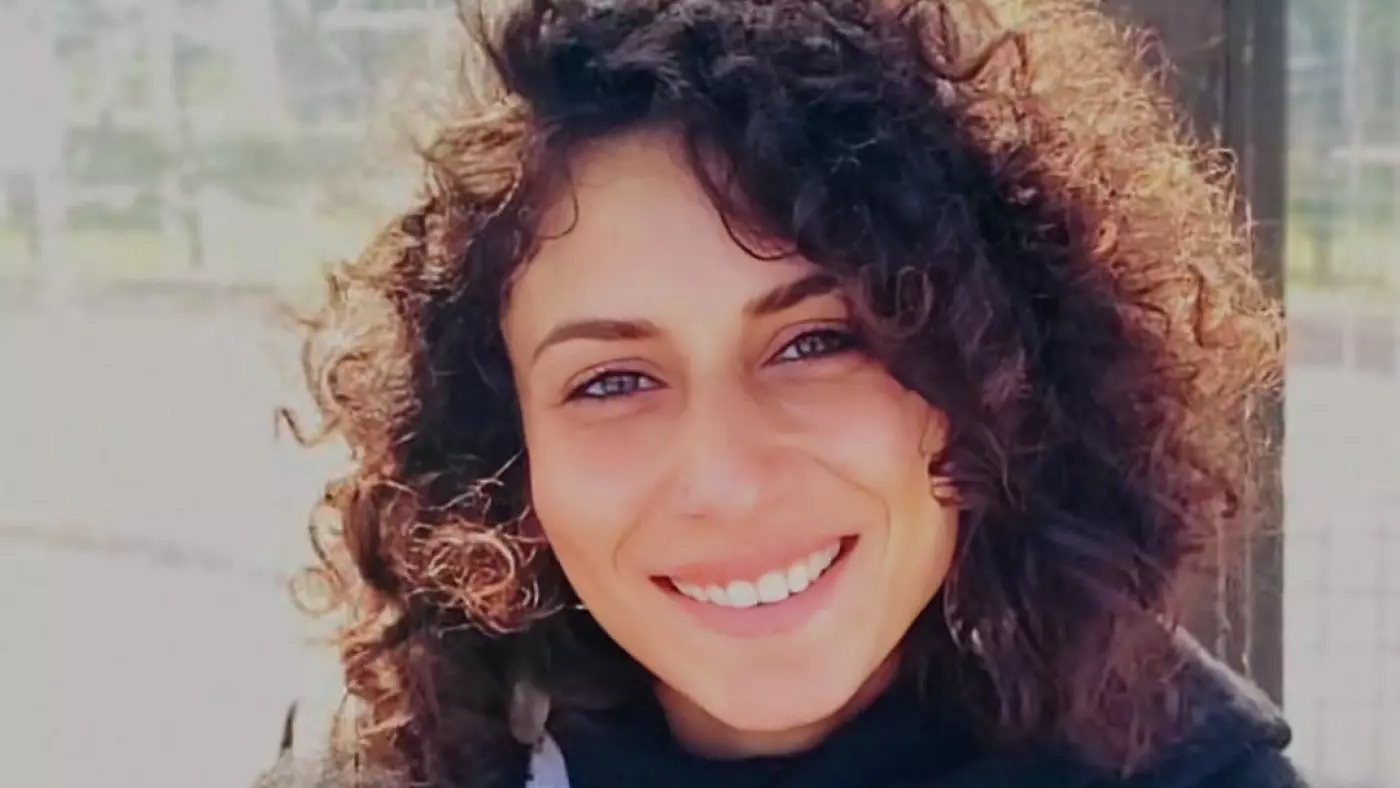15 August 2024
Counterterrorism officers raided Amira Abdelhamid’s home after the University of Portsmouth referred her to Prevent
Britain’s Crown Prosecution Service (CPS) has dropped a case against an academic after her employer, the University of Portsmouth, referred her to Prevent for a series of posts, resulting in counterterrorism officers raiding her house and confiscating electronic devices.
Amira Abdelhamid is a lecturer in international relations at the University of Portsmouth. Last year, the university suspended her after she posted a series of posts on X related to the 7 October attacks.
During a meeting in mid-October, the university said she was suspended and referred to the Prevent programme, accusing her of bringing the university’s name into disrepute and supporting a proscribed group.
Two months after her suspension, counterterrorism police raided Abdelhamid’s home, arrested Abdelhamid and confiscated her personal belongings, including electronic devices such as her laptop, phone, Kindle and a protest sign with “Palestine” written in Arabic. Notebooks containing Arabic writing and powder eyeliner were also taken.
Commenting on her experiences over the last few months, Abdelhamid described it as a “relief” but “nothing compared to what Palestinians are going through in Gaza”.
“I knew my employer had referred me to Prevent after the Jewish Chronicle article and activists told me that the police would come eventually,” Abdelhamid told Middle East Eye.
“I waited for the police to come for weeks. And after two months, I didn’t think they’d come, but they did,” she continued.
“The first thought was, when the police came, did I do something else wrong? Surely, they’re not here for the tweets. If this happened in Egypt, then this is so normal, but I never expected that to happen here, which is naive of me.”
“The police took all the devices inside my home, a protest sign that had ‘Palestine’ written in Arabic, any notebook with ‘foreign writing’ and my powder eyeliner to test it in the lab because they thought it was gun powder.”
‘Anti-democratic’
Abdelhamid denies being antisemitic in her tweets and said she has yet to receive her confiscated belongings, leaving her unable to teach or continue her research.
The European Legal Support Center (ELSC) has been providing support to Abdelhamid and others involved in similar cases.
Tasnima, an advocacy and communications officer for the ELSC, described the charges levied against Abdelhamid, who is originally from Egypt, as “disproportionate” and “politicised”.
“Amira Abdelhamid’s case is a stark example of how counterterrorism laws, which were deeply anti-democratic and have long undermined legal safeguards and civil freedoms, are being used aggressively to suppress political dissent and indeed silence those who question these very laws,” Tasnima told MEE.
“The charges brought against her are wildly disproportionate and their usage represents a disturbing trend we have witnessed since October of increasingly draconian powers being used against pro-Palestine activists in an openly politicised manner and upon the demands of ministers.”
Counter Terrorism Policing South East declined to comment on Abdelhamid’s arrest after MEE requested comment.
Since 7 October, British police have used the Terrorism Act to prosecute and detain individuals suspected of voicing support for Hamas, a proscribed group in the UK.
Earlier this week, British Police used counterterrorism legislation to detain seven pro-Palestine activists from Palestine Action after they broke into an Elbit Systems factory.
Six of the seven activists have since been charged with violent disorder over the action, with prosecutors alleging that a repurposed prison van was used to smash through fencing before some of the group damaged items in the warehouse with sledgehammers.
One of the activists, Samuel Corner, 22, has also been charged with grievous bodily harm for allegedly striking a police officer with a sledgehammer and two charges of assault causing actual bodily harm.
In April, Hanin Barghouti from Hove was charged under the Terrorism Act for expressing an “opinion or belief” in support of a banned organisation after a speech she made at a pro-Palestine march in Brighton.
